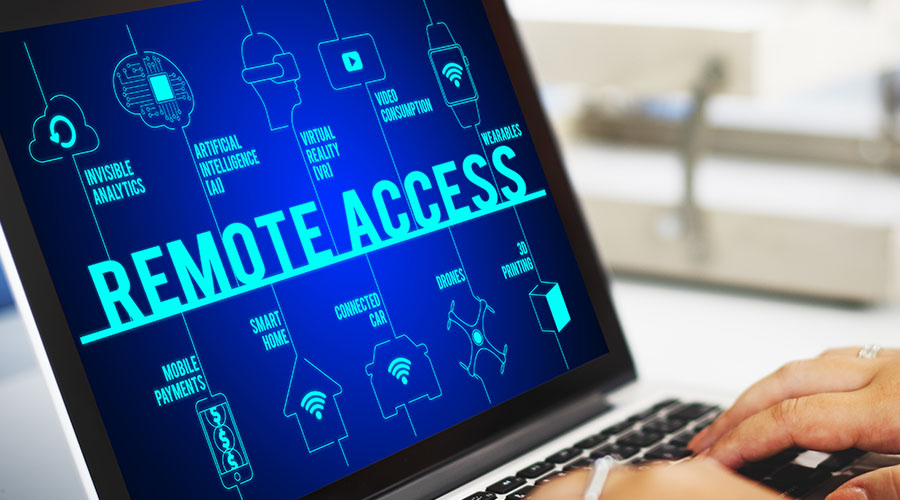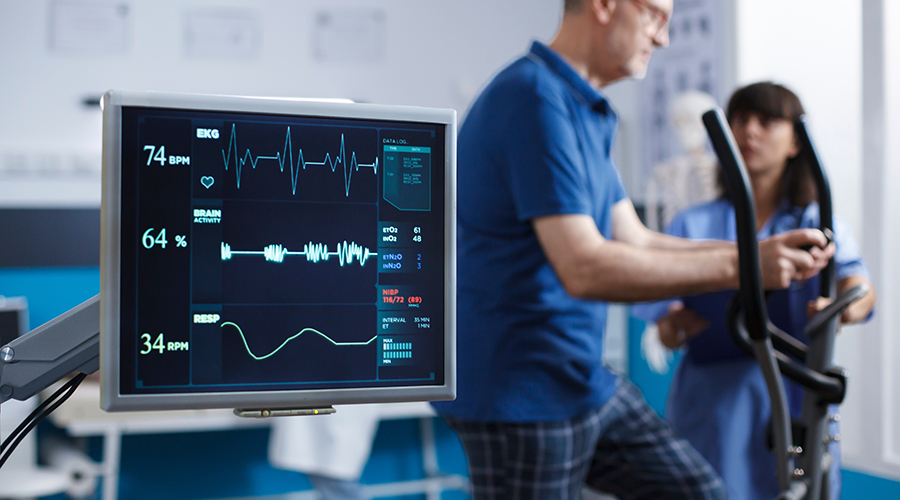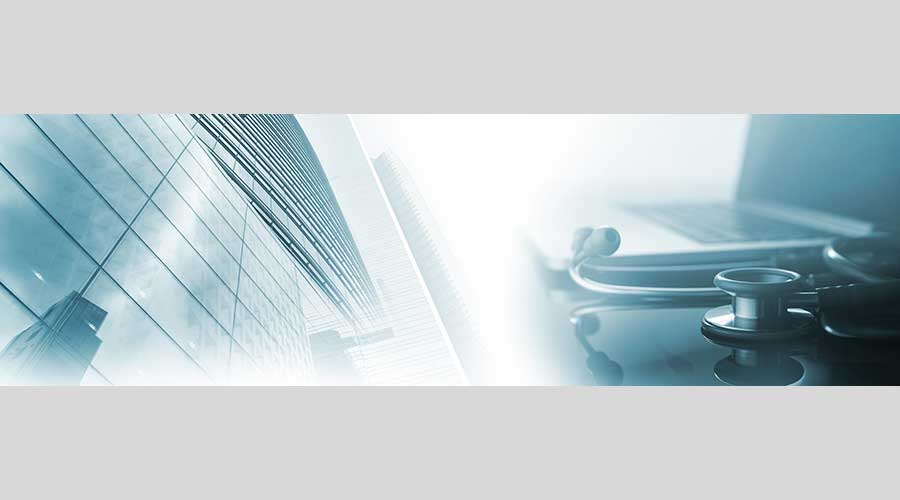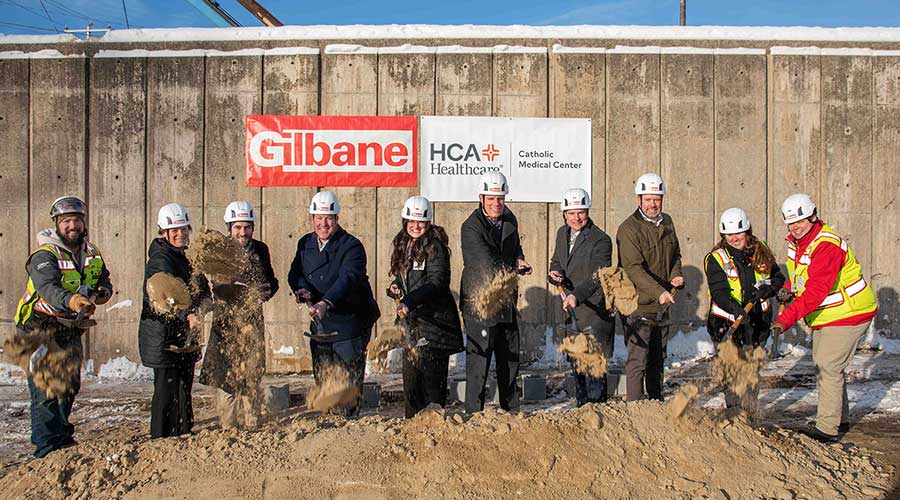Cybersecurity incidents continue to rise as the number of possible attack vectors increases. A press release from ECRI highlights one attack vector of particular interest to healthcare facilities managers: remote access systems.
Ransomware groups are increasingly targeting vulnerable remote access systems in healthcare, causing significant disruptions, according to a press release from ECRI. These attacks can disable essential technologies and patient data access, hampering a hospital's ability to provide care. Remote access is commonly granted to employees, physicians, vendors and support personnel, creating potential entry points for hackers.
"The consequences of these attacks can be devastating: vital medical records held hostage, treatment plans in disarray and potentially deadly delays in care," says Marcus Schabacker, president and CEO of ECRI. "Each unchecked vulnerability is a threat to patient safety."
Related: What Role Does Facilities Management Play in Healthcare Cybersecurity?
ECRI recommends the following precautions to address ransomware attacks on remote access systems:
- Make sure that Internet-facing systems, such as remote access systems, are set up securely and updated regularly.
- Consider blocking network traffic to internet-facing systems from potential hostile foreign parties that the organization does not do business with.
- Regularly audit logs and traffic from remote access systems.
- Pay attention to other possible attack vectors, such as phishing and password cracking.
- Develop response procedures for ransomware situations and recovery.
- Keep a backup and recovery methods for all IT systems.
- Talk with legal counsel if a data breach or a ransom demand happens. Considering the payment of ransom will only drive future attacks.
Jeff Wardon, Jr. is the assistant editor for the facilities market.

 The Top Three Pathogens to Worry About in 2026
The Top Three Pathogens to Worry About in 2026 Blackbird Health Opens New Pediatric Mental Health Clinic in Virginia
Blackbird Health Opens New Pediatric Mental Health Clinic in Virginia Baptist Medical Center Jacksonville to Get Inpatient Rehabilitation Unit
Baptist Medical Center Jacksonville to Get Inpatient Rehabilitation Unit Building Envelopes Emerge As Key Facility Components
Building Envelopes Emerge As Key Facility Components Catholic Medical Center Breaks Ground on New Central Energy Plant
Catholic Medical Center Breaks Ground on New Central Energy Plant